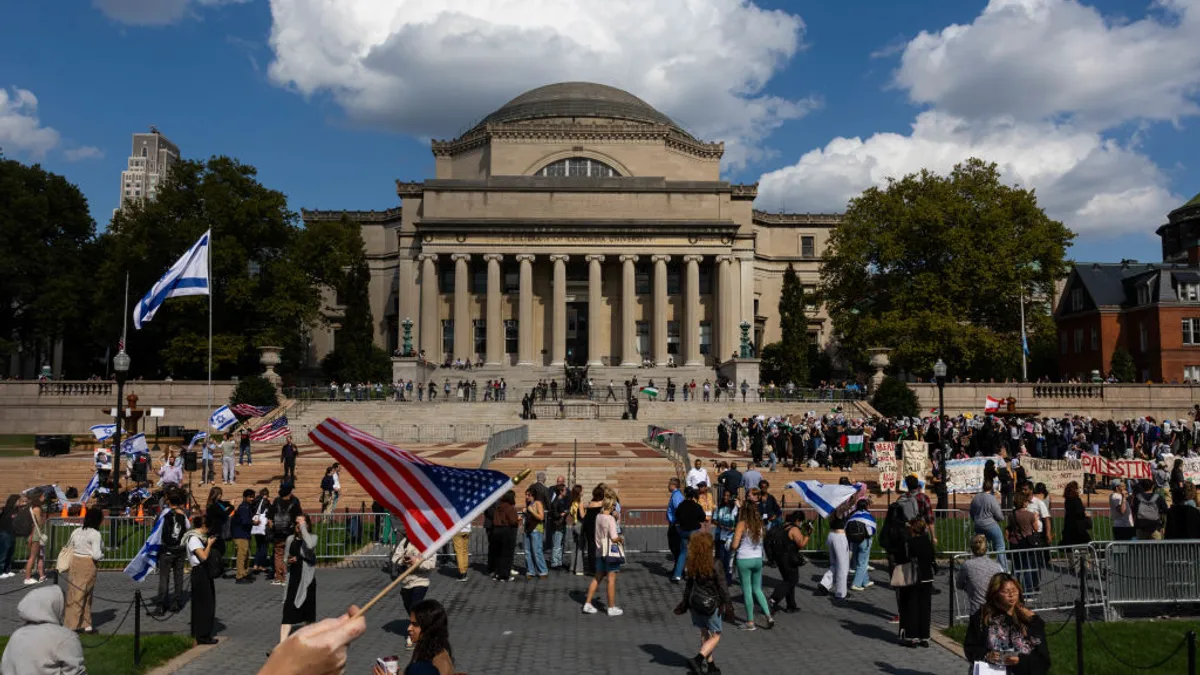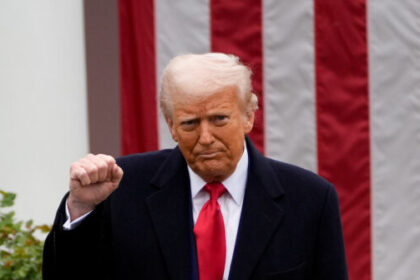The University of California system and Princeton this week joined more than a dozen top schools – including Harvard, Duke and Stanford – in announcing hiring freezes following Trump administration spending cuts.
Johns Hopkins University said it was laying off more than 2,000 employees after it lost more than $800 million from US Agency for International Development funding amid White House efforts to reduce wasteful spending and downsize the federal government.
The drastic moves come as dozens of colleges and universities face federal investigations for allegedly failing to protect Jewish students during pro-Palestinian demonstrations that disrupted campuses across the country last spring over the war in Gaza.
And in the biggest salvo in the escalating war against elite universities, the Trump administration this month targeted Columbia University, canceling about $400 million in federal grants and contracts over allegations of antisemitism on campus. The university on Friday made apparent concessions, announcing a series of new policies, including restrictions on demonstrations, new disciplinary procedures and immediately reviewing its Middle East curriculum.
Washington’s unprecedented campaign against the Ivy League school has the attention of US higher education leaders, who must weigh whether to acquiesce or fight back against a series of onslaughts on issues from pro-Palestinian activism to diversity programs to transgender women competing in women’s sports.
The dangerous assault against the country’s leading universities, higher education leaders warn, has unfolded rapidly on multiple fronts – threatening not only America’s economic and technological strength but also its vaunted democratic system and traditions of academic freedom and free speech.
“It is, I think, the most serious intrusion into academic freedom, and the autonomy of universities,” said Lee Bollinger, a First Amendment scholar and Columbia’s president for more than two decades.






